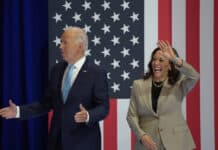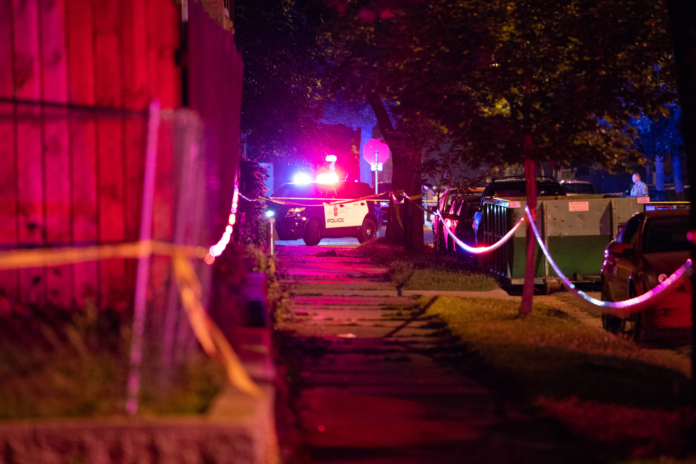A new study found that Minneapolis experienced the fifth-highest increase in homicides in the nation between 2019 to 2021.
The overall rankings were based on both a city’s current homicide rate and the change in its number of homicides across the last two years. Minneapolis landed in the 11th position overall, behind cities like New Orleans, Cincinnati, Baltimore, Philadelphia, and Detroit, according to the WalletHub survey.
From the second quarter of 2019 to the second quarter of 2021, the city of lakes saw the fifth-highest increase in per capita homicides in the nation. In this time, Minneapolis endured the death of George Floyd, unprecedented levels of rioting, mass unemployment caused by COVID-19 lockdowns, and a political assault on its police department.
Minneapolis has recorded 49 homicides this year, a roughly 64% increase over the same time last year, which was one of the deadliest years on record.
Nationally, homicide rates have increased by an average of 33% in 50 of the most populated cities, WalletHub says. Democrat-run cities saw a larger increase in homicides than red cities, according to the study.
“The last year has been a period of instability [and] challenge with COVID, social unrest, and political change,” Christopher Salvatore, chair of the Department of Justice Studies at Montclair State University, told The Center Square.
“During these periods faith in social institutions waivers (like the criminal justice system) and overall social control may weaken. In addition, we had people forced to stay home. A large portion of crimes are committed by those we know — so crimes that recently increased such as domestic violence, assaults, and homicide may be due to interpersonal conflicts, increased use of drugs and alcohol, as well as increased social and economic pressures due to the pandemic,” he continued.
Diane Birnholz, a lecturer at the University of California, Los Angeles School of Law and former federal prosecutor, had a different take. She pointed out that many states instituted early release policies for prisoners in response to COVID-19, an idea that was recently criticized by a Minnesota police chief.
“California, for example, granted early release to thousands of prisoners in an effort to slow the spread of the virus in the prison system,” Birnholz told The Center Square. “Another approach undertaken by states was to reduce the number of incoming prisoners by granting diversion for lower-level crimes. Criminal trials were postponed for a time, resulting in the release of defendants due to statutory speedy trial requirements.”
















